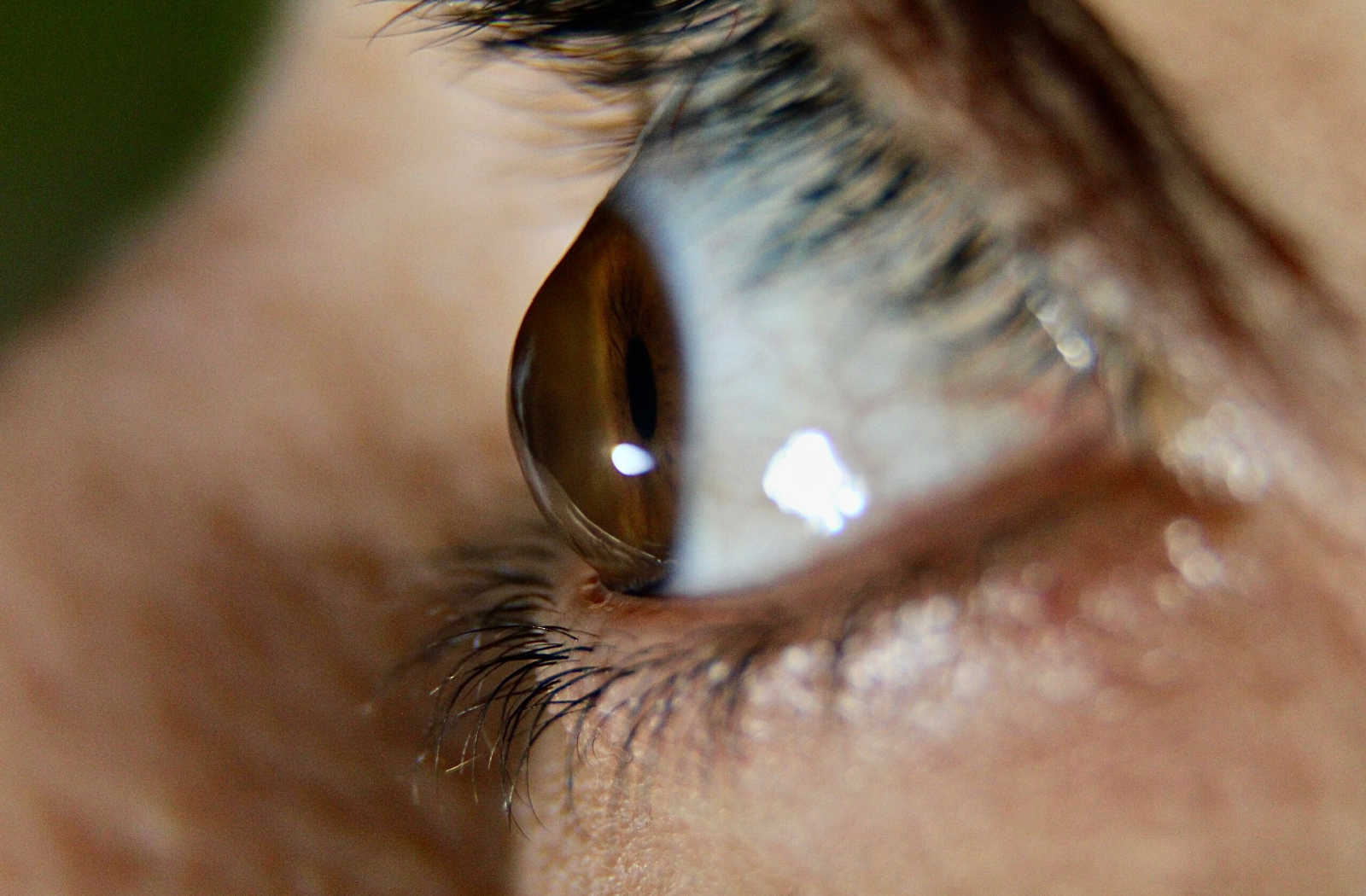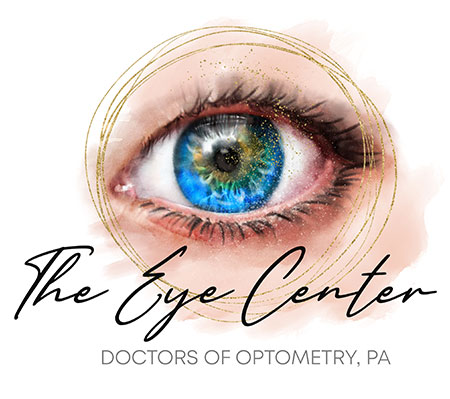All Categories
Featured

While most individuals understand the relevance of securing their skin from the sun, the harmful results of ultraviolet (UV) rays on eye wellness often go overlooked. Whether you're saturating up the sunlight on a summer season day or strolling outdoors on a gloomy mid-day, securing your eyes from UV rays is crucial.
What Are UV Rays? UV rays are a kind of electromagnetic radiation discharged by the sun. They are categorized right into three types:
UVA Rays: These penetrate deep right into the skin and eyes and can add to lasting damages. UVB Rays: These rays are extra intense than UVA and are largely in charge of surface-level damages to the eyes and skin. UVC Rays: These are the most hazardous however are primarily soaked up by the Planet's ozone layer and don't commonly reach us. UVA and UVB rays are the key wrongdoers behind eye-related damages.
Short-Term Effects of UV Direct Exposure on the Eyes. Even temporary exposure to extreme UV rays can hurt your eyes. One typical problem triggered by this is photokeratitis, or "sunburn of the eye." Signs and symptoms of photokeratitis consist of:
Agonizing, red eyes. Sensitivity to light. Tearing or too much watering. Momentary vision loss or blurry vision. Photokeratitis is usually short-lived, but it acts as a caution of exactly how damaging UV exposure can be, even in tiny doses.
Long-Term Effects of UV Exposure. Prolonged exposure to UV radiation can lead to more serious and long-term eye problems, such as:
Cataracts: UV rays can speed up the development of cataracts, a condition that triggers clouding of the eye's natural lens, bring about fuzzy vision and, if without treatment, loss of sight.

Macular Deterioration: UV direct exposure can damage the retina, particularly the macula, raising the threat of age-related macular deterioration (AMD), which impacts central vision.
Pterygium: A development of cells on the white component of the eye that can cross the cornea, causing discomfort, soreness, and vision problems.
Pinguecula: UV direct exposure can create yellow-colored deposits to create on the conjunctiva, causing irritability and dryness.
Skin Cancer Cells Around the Eyes: The delicate skin bordering your eyes is extremely prone to UV radiation, boosting the danger of skin cancers like basal cell carcinoma and squamous cell cancer.
Just How to Secure Your Eyes from UV Rays. Securing your eyes from UV rays is basic and requires a couple of conscious practices:
Buy Top Quality Shades: Select sunglasses that obstruct 100% of UVA and UVB rays. Search for tags that specify "UV 400" protection. Wrap-around styles are perfect as they block UV rays from the sides also.
Use a Wide-Brimmed Hat: A hat with a border at the very least 3 inches wide can considerably reduce UV exposure to your eyes and face.
Restriction Direct Exposure Throughout Optimal Hours: UV rays are best in between 10 a.m. and 4 p.m. If you should be outdoors throughout these hours, see to it you're appropriately shielded.
Do Not Be Tricked by Clouds: UV rays can penetrate with clouds, so it's crucial to put on sunglasses also on overcast days.
Safeguard Your Eyes Year-Round: Snow, sand, and water can show UV rays, magnifying their impacts. Eye protection isn't just for bright summertime days-- ensure you're covered in all seasons.
Use UV-Blocking Get In Touch With Lenses: Numerous get in touch with lenses now include UV security. If you use contacts, ask your optometrist concerning lenses with integrated UV filters for included security.
Motivate Eye Protection for Children: Children's eyes are extra conscious UV rays due to the fact that their lenses are more clear, permitting even more radiation to reach the retina. Make certain they put on sunglasses and hats throughout outdoor tasks.
Normal Eye Examinations. Regular check-ups with an eye care professional are essential for early detection of any type of UV-related damage. An optometrist or ophthalmologist can evaluate your eyes, recommend protective steps, and identify conditions like cataracts or macular degeneration at an early stage.
Conclusion. By putting on UV-blocking sunglasses, limiting sunlight exposure during height hours, and remaining regular with eye examinations, you can guarantee your eyes remain healthy and your vision stays clear for years to come. Safeguarding your eyes from UV radiation isn't just concerning comfort-- it's a vital action in maintaining your long-lasting eye health.
Latest Posts
Don’t Miss Special Auto Repair Specials in Chicago at Montclare Auto Repair
Safeguard Your Investment with Professional Gutter Installment
Discover the Storied Past of Deauville Inn: From Speakeasy to Seafood Haven
More
Latest Posts
Don’t Miss Special Auto Repair Specials in Chicago at Montclare Auto Repair
Safeguard Your Investment with Professional Gutter Installment
Discover the Storied Past of Deauville Inn: From Speakeasy to Seafood Haven